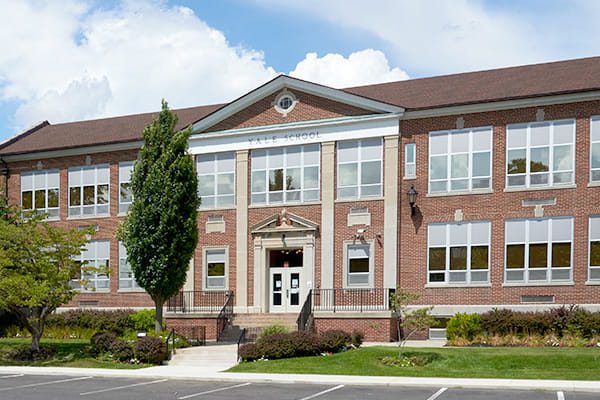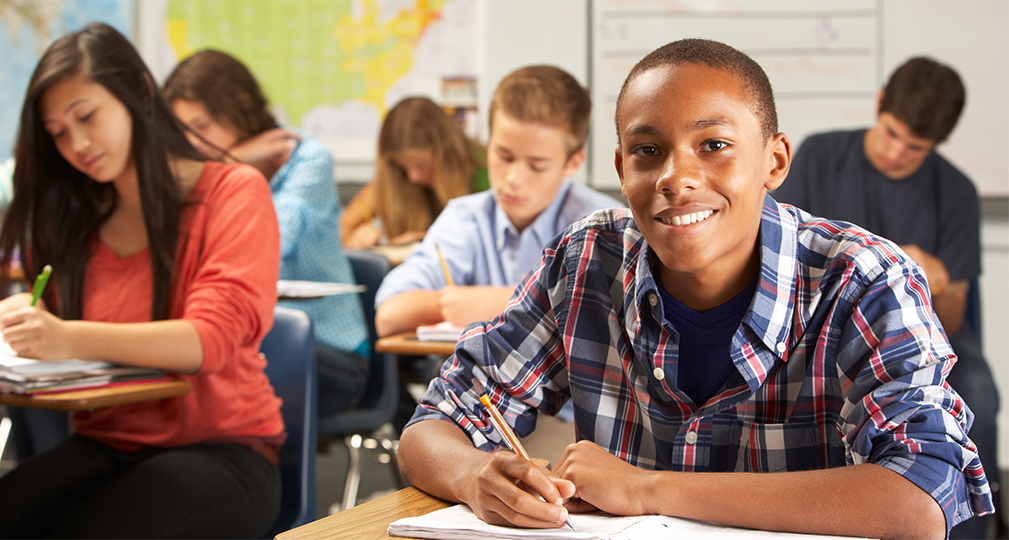Check Out the Challenges Facing Our Area: Save Temecula Schools
Check Out the Challenges Facing Our Area: Save Temecula Schools
Blog Article
Recognizing the Relevance of Institutions in Child Advancement and Neighborhood Development
Schools' engagement with local communities via service-learning efforts strengthens the bond in between households and instructional establishments. This cooperative relationship underscores the relevance of colleges in supporting active citizenship and long-lasting understanding routines.
Academic Success
Academic accomplishment functions as a keystone of youngster development, offering the foundation upon which future knowing and success are developed. Colleges play a crucial function in fostering this scholastic growth, supplying structured settings where kids can acquire crucial understanding and cognitive skills. Standard educational program guarantee that pupils gain effectiveness in core topics such as maths, science, and language arts, which are critical for both college and professional possibilities.
In addition to passing on basic academic abilities, colleges likewise grow critical reasoning, analytical capabilities, and intellectual interest. These cognitive competencies are vital for navigating complicated real-world situations and adjusting to the ever-evolving demands of the modern-day work environment. Educators, as facilitators of knowing, use diverse instructional strategies to deal with diverse learning designs, thereby taking full advantage of specific trainee possibility.
Additionally, academic success is very closely connected to self-worth and inspiration. Youngsters that experience academic achievements are much more most likely to develop a favorable self-concept and a long-lasting enthusiasm for learning. Schools additionally offer various resources, such as collections and innovation, which further enhance the educational experience and prepare students for a technologically innovative society.
Social Ability Growth
Beyond academic accomplishment, the duty of colleges in social ability development is indispensable. Schools act as a main place for children to find out and practice crucial social abilities such as participation, interaction, and dispute resolution. In the organized setting of a classroom, trainees communicate with peers, teachers, and various other institution staff, using various possibilities to create these essential capabilities.
Effective social skill development in institutions is assisted in through team activities, collaborative projects, and extracurricular programs. These communications help trainees recognize social standards, develop empathy, and promote a feeling of neighborhood. For example, group tasks teach students how to function together towards an usual goal, pay attention to various perspectives, and browse arguments constructively.

The cultivation of social skills during academic year lays a foundation for future personal and specialist partnerships. Save Temecula Schools. As trainees mature, the capability to properly communicate and collaborate comes to be progressively crucial, underscoring the school's essential role in alternative youngster growth
Exposure to Variety
Direct exposure to diversity in schools is fundamental to promoting an inclusive attitude and broadening students' perspectives. Schools work as a microcosm of the more comprehensive culture, and coming across varied societies, languages, and socioeconomic histories within this setting gears up pupils with crucial skills for browsing a progressively globalized globe. This direct exposure encourages compassion, reduces bias, and advertises common regard among peers.
Diverse classrooms additionally boost social and cognitive development. Research my site suggests that trainees that communicate with peers from varied backgrounds show far better analytical skills and imagination. They discover to value various viewpoints, which enriches class discussions and fosters an extra dynamic learning experience. This understanding of variety prepares pupils for future offices that value modern competence.

Neighborhood Involvement
The benefits of diverse classrooms prolong beyond the school walls, cultivating a strong sense of community interaction amongst trainees. By engaging with peers from different social, socioeconomic, and ethnic histories, pupils acquire a broader perspective and a gratitude for diversity. This direct exposure urges them to become energetic citizens that want to contribute favorably to their areas.
Institutions that highlight area interaction commonly integrate service-learning projects, which permit students to address real-world issues while applying scholastic abilities. These projects not just enhance students' understanding of their coursework but also impart a sense of responsibility and empathy. In addition, partnerships between institutions and local organizations supply students with possibilities to get involved in neighborhood occasions, additionally solidifying their function as proactive area members.
Additionally, adult and community participation in colleges enhances the bond between educational organizations and the areas they serve. When colleges open their doors to community occasions, workshops, and volunteer possibilities, they produce a joint setting that profits all stakeholders. This common assistance system makes sure that students get alternative advancement, preparing them to become all-round individuals who value and contribute to their areas. Through these initiatives, colleges play a crucial role in supporting community interaction and promoting social growth.
Lifelong Knowing Habits
Creating lifelong learning routines is crucial for a youngster's continuous development and adaptability in an ever-changing world. Institutions play an visit here essential role in instilling these habits by creating an environment that cultivates inquisitiveness, important reasoning, and a love for expertise. Through varied educational programs and after-school activities, teachers motivate trainees to check out numerous subjects, examine information critically, and use their learning to real-world scenarios.

Furthermore, schools provide an organized environment where kids can create self-control and time management skills, both of which are crucial for constant understanding. By emphasizing the relevance of establishing objectives, assessing progress, and adapting approaches, universities prepare students to navigate the intricacies of grown-up life, ensuring they continue to be long-lasting learners and contributors to culture.
Verdict
Finally, colleges are vital in fostering child growth and neighborhood development by giving atmospheres for academic accomplishment, social skill advancement, and exposure to variety. With joint projects and interactions, schools improve important reasoning, compassion, and interaction skills. Community engagement initiatives even more strengthen the bond between academic establishments and neighborhood neighborhoods. Eventually, schools grow long-lasting discovering behaviors, furnishing individuals with the needed expertise and abilities to contribute favorably to society.
In the organized environment of a classroom, trainees engage with peers, teachers, and various other college personnel, providing countless opportunities to develop these essential capacities.
In significance, exposure to diversity within colleges not just enhances individual trainees however additionally enhances the social material of the area as a whole.
The advantages of varied class extend beyond the school walls, promoting a strong feeling of neighborhood interaction amongst pupils.Institutions that emphasize community involvement commonly include service-learning tasks, which permit students to deal with real-world troubles while using scholastic abilities. Collaborations in between institutions and regional companies supply trainees with opportunities to participate in neighborhood events, better strengthening their duty as proactive community participants.
Report this page